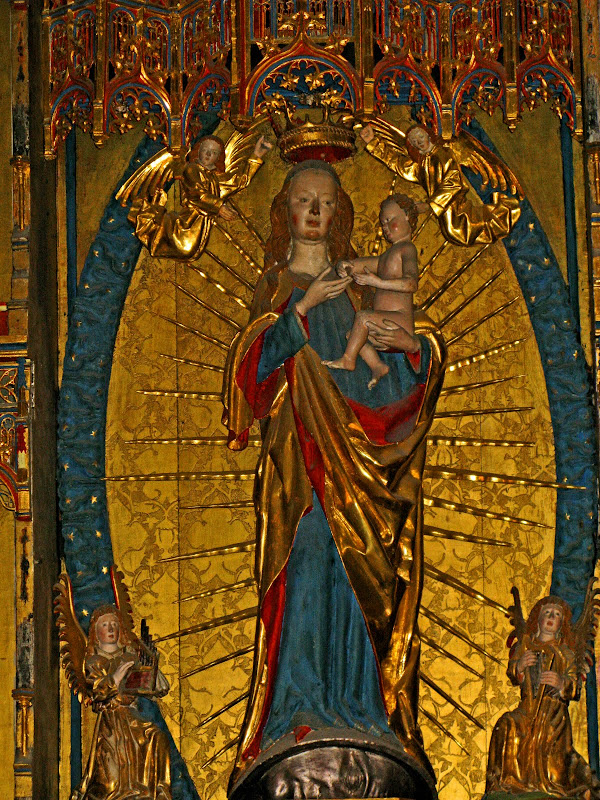 Once again I'll post a picture of the fastelavensris,
Once again I'll post a picture of the fastelavensris, the lent faggots.
I quote from Wikipedia;
"Fastelavn evolved from the Roman Catholic tradition of celebrating in the days before Lent, but after Denmark and Norway became Protestant nations in 1537, the holiday became less specifically religious. This holiday occurs seven weeks before Easter Sunday and is sometimes described as a Nordic Halloween, with children dressing up in costumes and gathering treats for the Fastelavn feast. The holiday is generally considered to be a time for children's fun and family games.
In Denmark and Norway a popular baked good associated with the day is Fastelavnsbolle (lit. "Fastelavns bun", also known in English as "shrovetide bun" or "lenten bun"), a round sweet roll usually covered with icing and sometimes filled with whipped cream. The day after Bun Sunday is Blue Monday, probably the feeling of having eaten and drunk to much. Then comes Fat Tuesday, the last day to fatten up before Lent. Ash Wednesday the Lent starts. In older days this was the day to go to mass and get a ash cross painted on your forehead.Another popular custom is the "fastelavnsris", with which children ritually flog their parents to wake them up on the morning of Fastelavns Sunday (Quinquagesima).
Fastelavnsris have many shapes and forms and differ from area to area. In some areas they are bunches of twigs, usually from fruit trees and preferably with buds. Those are often decorated with feathers, egg-shells, storks and little figures of babies.
Earlier, it was mainly the young women and the infertile who were flogged. It was also common that a young man would carry his "fastelavnsris" and (of course gently) strike at young women he met on the street. Later it became the children's special right to flog their parents on this day. In any case, the reward given for the flogging would be a fastelavns bun.
Fastelavensris truely is a reminiscence from pre-Christian times.
Now it's mainly made by a women's welfare association. Colorful feathers attached to birch. We buy new every year.
Originated by MaryT, check hers for today









































